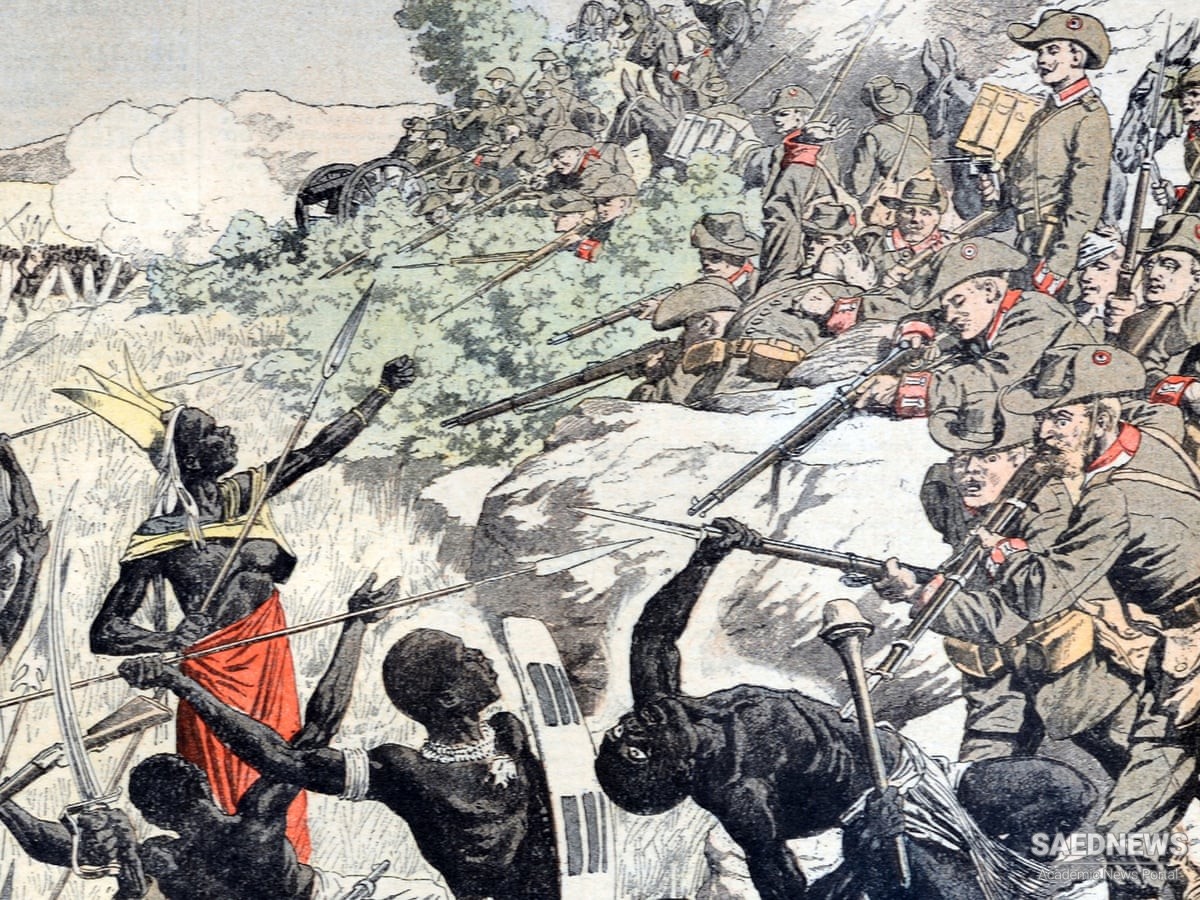
In the annals of history, Africa’s narrative is not only one of ancient civilizations and natural wonders but also a saga of colonialism and resistance. From the shores of Angola to the plains of Kenya, Africans have fiercely defended their independence and sovereignty against colonial powers, leaving behind a legacy of resilience and courage that continues to inspire generations.
One such luminary figure is Queen Nzinga of Angola, a formidable leader who defied Portuguese colonial expansion in the 17th century. Known for her strategic brilliance and indomitable spirit, Queen Nzinga waged war against the Portuguese invaders, forging alliances with neighboring kingdoms and leading her people in battle to safeguard their freedom.
Similarly, in the heart of East Africa, the Mau Mau uprising stands as a testament to the unwavering resolve of the Kenyan people against British colonial rule. Beginning in the 1950s, the Mau Mau movement mobilized thousands of Kenyan nationalists in a fierce struggle for land rights, dignity, and self-governance. Despite facing brutal repression and violence from colonial forces, the Mau Mau fighters persisted, ultimately contributing to Kenya’s independence in 1963.
These stories of resistance are not isolated incidents but part of a broader tapestry of African struggle against colonial oppression. Across the continent, from Ghana’s fight for independence led by Kwame Nkrumah to Algeria’s protracted war of liberation against French rule, Africans have risen time and again to assert their rights and reclaim their destinies.
Moreover, the legacies of these freedom fighters endure in the collective consciousness of modern Africa, serving as beacons of hope and inspiration for ongoing struggles against injustice and inequality. Their courage in the face of adversity reminds us of the power of resilience and the imperative of standing firm in the pursuit of justice and freedom.
As Africa continues to navigate the complexities of post-colonial challenges, including economic development, political stability, and social cohesion, the lessons of its history of resistance remain pertinent. They remind us that the journey towards a more just and equitable Africa is paved with the sacrifices and triumphs of those who dared to resist and dream of a better tomorrow.
